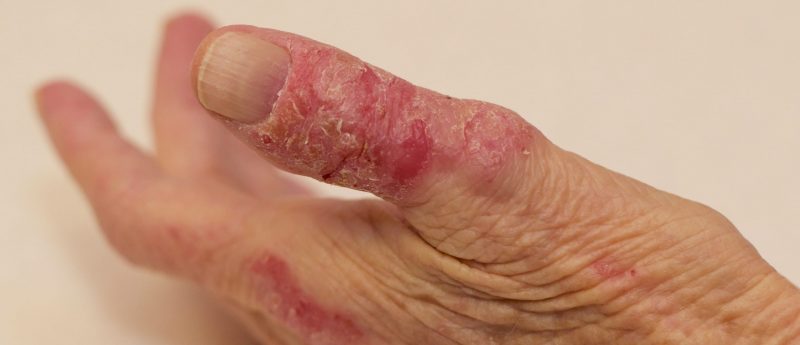Revolutionary healing glove backed by MTEC funding

A prototype of the REHEAL Glove, a bioengineered healing glove, has received an award from the Medical Technology Enterprise Consortium — further accelerating the technologies journey from lab to shelf.
In a collaboration between the University of Texas at Arlington Research Institute (UTARI; TX, USA) and the University of Washington (WA, USA), researchers have developed an innovative bioengineered healing glove, the REHEAL Glove, which is thought to revolutionize the way in which we approach wound therapy. The glove has recently reached a key step towards commercialization, having achieved an endorsement award from the Medical Technology Enterprise Consortium (MTEC).
The REHEAL Glove is designed for localized therapy after hand trauma, providing a flexible wound dressing and negative pressure to hand injuries. The glove can be easily applied and removed, owing to its ability to not adhere to the wound — therefore minimizing pain for the patient. Additionally, the glove allows the clinician to control the wound environment for improved healing, whilst providing a means for therapeutic delivery.
“Complex hand wounds can be debilitating, and current therapies often lead to excessive scar formation and fail to preserve range of motion,” commented Lauren Palestrini, MTEC director of research programs. “I believe that the REHEAL Glove addresses many of these limitations and hope its utilization will improve treatment of these injuries.”
In 2017, MTEC provided the project with an award of US$227,000, allowing the research team to develop a manufacturing process for the product — aiding the production of 100 REHEAL Gloves for early stage clinical trials. Recently, UTA achieved the ‘Prototype of the Year Acceleration Award’ from MTEC (under US$1 million) to recognize the significant advances in the technology of their prototype.
“The manufacturing process gives us more reliability and uniformity in the REHEAL Glove production,” explained Muthu Wijesundara, head of the Biomedical Technologies Division at UTARI and leader of the project. “Having this process reduces the risk of variants among the gloves interfering with any future clinical trial work.”
In addition to enabling the improved development of the REHEAL Glove, the award also builds the reputation of UTARI among the research community.
“The forward momentum of the REHEAL Glove project is an outstanding demonstration of UTARI’s mission to link laboratory discoveries to commercialization that ultimately benefits society,” concluded Duane Dimos, UTA Vice President for Research. “I am proud to know this level of cutting-edge research and development is taking place at our University.”
Sources: https://www.uta.edu/news/releases/2019/04/rehealing-glove.php